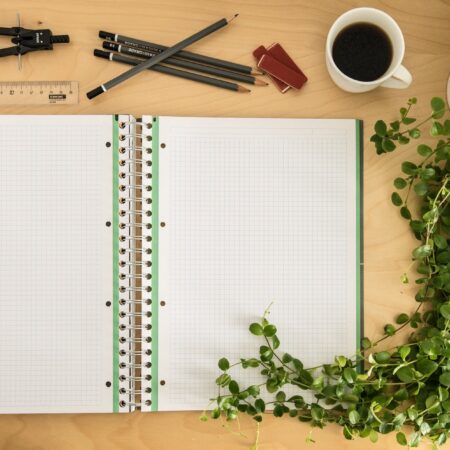This is the eighth in a series of posts in the Organize Your Digital Life series.
I’m finding one of the keys to being productive is to be able to take advantage of the small breaks of time during the day. If you found yourself with 5 extra minutes, could you use them? How about an extra 60 seconds?
Those small breaks of time can add up to quite a bit over the course of a day. I have two main suggestions:
- Be able to do a lot from your phone.
- Keep things open on your computer.
:: Be able to accomplish a lot from your phone
I discussed this a bit in part one of the series (“get control of your email”), but it’s worth mentioning again; a good phone is worth far more than the initial expense. During the day, many of your small breaks of time are found when you’re away from home. Some examples:
- Waiting for your child after school/dance/sports
- Waiting to see the dentist/doctor
- Waiting for food to arrive at a meal
- Waiting in line for tickets/check-out
I’m sure you can think of many others, but that’s a start. When I have extra time in one of those cases, I do one of the following on my phone:
- Process some email. I don’t usually convert any into tasks (I leave that for when I get home), but I can read, respond, archive, delete, etc.
- Catch up on Google Reader. I can knock some reading off my list, and “star” items for later if I need to read them more in-depth or write about them.
- Read some Tweets or catch up on Facebook. You can access Twitter and Facebook from almost any phone. If those are important to you, then this gives you a chance to catch up.
Right now the iPhone is still your best bet, but some of the Android phones (like Verizon’s “Droid”) are catching up really quick. Ultimately, any decent smartphone will do the job for you.
:: Keep things open on your computer
If you find yourself with a spare minute or two, you don’t want to waste a chunk of that time opening programs, logging in, etc. If possible, leave those programs open all the time. When you find a spare minute, your tools are right at your fingertips and you can get things done.
The problem with this is that leaving too much stuff open can slow down your computer and cause other issues. I wrote a long post about this back in January, but here are some tips:
- Leave it on. Don’t shut down every night. Reboot once or twice a week to keep Windows fresh, though.
- Use a fast browser. I use Google Chrome 90% of the time, and Firefox for most of the rest. They use less memory and run much faster than Internet Explorer.
- Clean up your computer. There are a lot of small (free!) things you can do to speed up your computer. Here’s tips for Windows XP, Windows Vista, Windows 7 or Mac.
- Buy more memory. RAM is dirt cheap, simple to install and will make a huge difference. At this point, you should have at least 2 gigs in your computer. If not, go get more. Not sure what you need? Go to crucial.com and use the “scan my system” tool. They’ll tell you exactly what you have, offer some choices, and they’ll sell it at a fair price. I use them quite a bit.
- Get a new computer. This is last on the list for a reason, but it’s worth mentioning. If your computer is more than a few years old, you can get a new one that is much faster for $500 (or less). It’s something to consider.
If you find yourself with a bit more time and you’re caught up on email/reader/etc, Chris Brogan has a list of things to do if you have an extra half hour. It’s got some good tips to try to keep you ahead of the game.
What else do you do to take advantage of those small breaks of time?
This is the eighth in a series of posts in the Organize Your Digital Life series.




